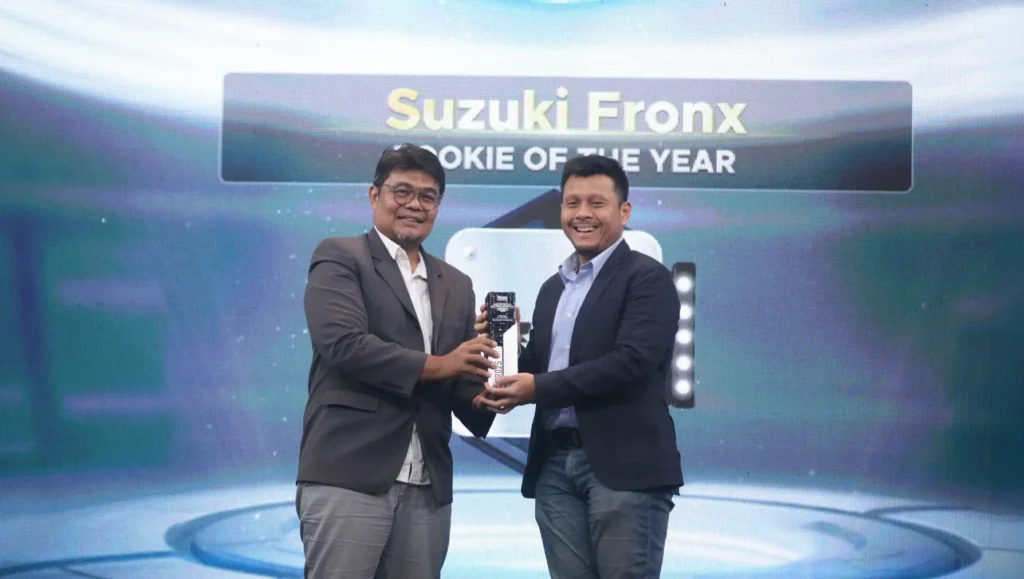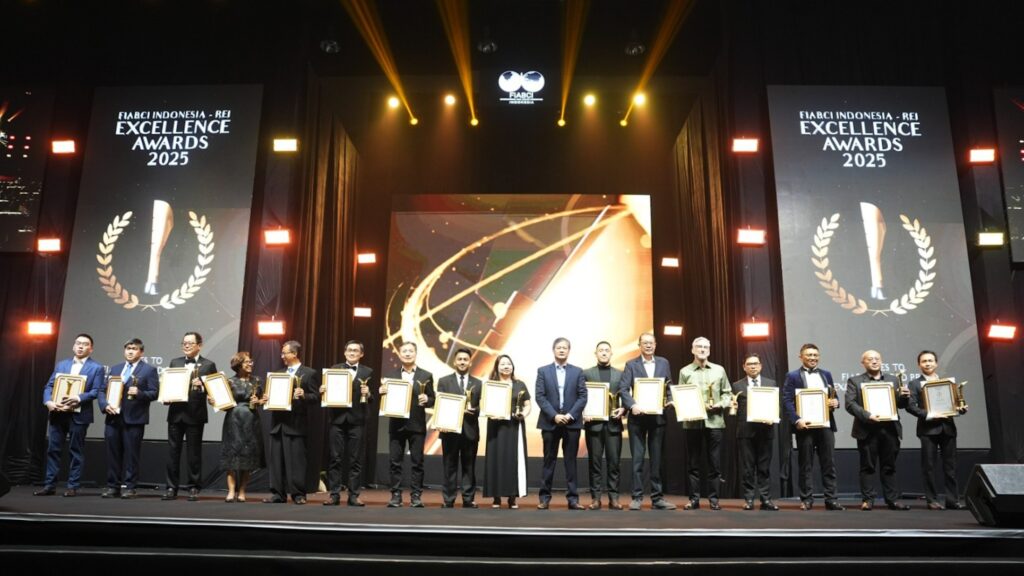Japan — Japan’s agriculture minister, Taku Etō, has resigned following explosive public backlash after he admitted he never buys rice because he receives it as gifts from political supporters. The incident has deepened political instability in Japan as the nation faces a worsening food price crisis ahead of a critical upper house election.
Speaking to reporters on Monday, Etō announced, “Just now I submitted my resignation to Prime Minister Ishiba.” His departure comes amid mounting criticism of the government’s failure to control rising rice prices and broader cost-of-living pressures that have eroded consumer trust in leadership.
Etō’s downfall was triggered by remarks made at a fundraising event last weekend, where he casually stated, “I have never bought rice myself because my supporters donate so much to me that I can practically sell it.” The statement, viewed as detached and elitist, quickly went viral and drew condemnation from citizens and opposition figures alike.
His comments were especially incendiary in a nation where rice is not only a staple but a symbol of national identity. With prices nearly doubling over the past year, the average 5kg bag now costs ¥4,268 ($29), placing increasing pressure on household budgets.
The political ramifications extend beyond Etō. Prime Minister Shigeru Ishiba, already facing declining approval ratings, has been accused of mismanaging the rice crisis. A recent Kyodo poll revealed that 87% of respondents are dissatisfied with how the government has handled soaring rice costs—numbers that could spell trouble for Ishiba’s leadership as July’s upper house election approaches.
Japan’s rice supply issues have been exacerbated by a combination of poor harvests in 2023, a nationwide “megaquake” warning in early 2024 that sparked panic-buying, and allegations of hoarding by wholesalers. The government’s release of 300,000 tons from emergency reserves earlier this year failed to stem the inflation, and in April, Japan made the rare move of importing rice from South Korea for the first time in 25 years.
Critics argue that Etō’s remarks reflect a deeper rot within Japan’s political elite. Junya Ogawa, secretary general of the opposition Constitutional Democratic Party, called the comments “extremely inappropriate, out of touch and intolerable.”
Etō later attempted to soften the blow by noting that his wife occasionally purchases rice when donations run out—an admission that did little to placate public anger. “It’s not like our family is living entirely off of rice given to us as gifts,” he said.
He will reportedly be replaced by Shinjirō Koizumi, a former environment minister who previously challenged Ishiba for leadership of the ruling Liberal Democratic Party (LDP). But with public confidence shaken and economic anxiety mounting, the damage may already be done.
What began as an offhand comment has now become a flashpoint in a broader political reckoning. As food security tightens its grip on the Japanese electorate, Ishiba’s ability to maintain authority—and the stability of his administration—hangs in the balance.






